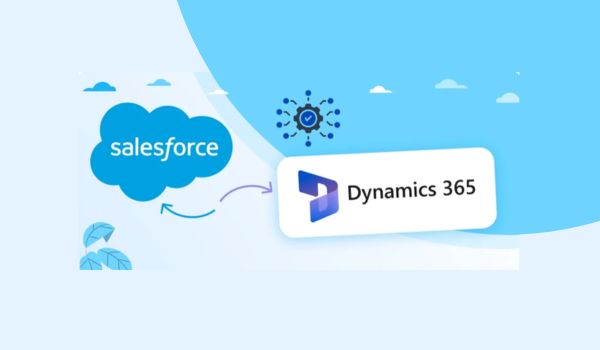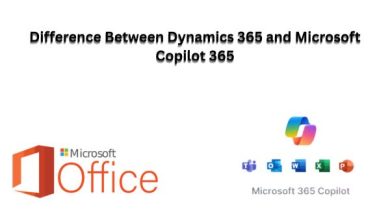From Salesforce to Dynamics 365: Why Migration Matters India

In today’s fast-paced digital world, businesses are constantly looking for ways to improve their customer relationship management (CRM) systems and streamline operations. Salesforce has long been a popular CRM solution, but many organizations are making the switch to Microsoft Dynamics 365. If you’re considering a move, it’s not just a technology upgrade; it’s a strategic decision that can significantly impact your business growth, efficiency, and bottom line. Here’s why migration from Salesforce to Dynamics 365 matters.
1. Seamless Integration with Microsoft Ecosystem
One of the biggest reasons businesses are migrating to Dynamics 365 is its native integration with Microsoft’s suite of tools. Most companies already use Microsoft 365 (Outlook, Teams, Excel, SharePoint) for day-to-day operations. Microsoft dynamics crm works seamlessly with these tools, making collaboration smoother and increasing user adoption.
With direct integration, sales teams can access CRM data directly from Outlook, collaborate in Teams, and generate reports in Power BI, all without the need to constantly switch between apps. This reduces friction, saves time, and boosts productivity.
2. Cost-Effective and Flexible Licensing
Salesforce can be expensive, especially as you scale and add more users. Dynamics 365 offers flexible, modular licensing, allowing businesses to pay only for the apps and features they need, such as Sales, Customer Service, Marketing, or Field Service, instead of paying for a one-size-fits-all package.
This approach not only makes Dynamics 365 more cost-effective but it also allows businesses to scale efficiently as they grow, avoiding unnecessary expenses on features that aren’t used.
3. Better Data Control and Security
Data privacy and compliance are top priorities for any organization. With Dynamics 365, your data stays within the secure Microsoft Cloud, which is known for its enterprise-grade security and compliance with global standards like GDPR.
This gives businesses more control over their data, advanced role-based access, and a strong security infrastructure backed by Microsoft’s ongoing investments in cybersecurity. For industries with strict compliance needs, such as finance, healthcare, or government, this can be a game-changer.
4. Unified Business Platform with Power Platform
Dynamics 365 is more than a CRM, it’s part of the Microsoft Power Platform (Power BI, Power Apps, Power Automate, Power Virtual Agents). This means businesses can:
- Automate workflows with Power Automate
- Build custom apps without heavy coding using Power Apps
- Gain deeper insights with AI-powered analytics in Power BI
- Deploy chatbots for customer engagement via Power Virtual Agents
This unified ecosystem turns Microsoft dynamics crm software into a complete business solution rather than just a CRM, enabling businesses to innovate faster and respond to market changes with agility.
5. Enhanced User Experience and Customization
Dynamics 365 offers a modern, user-friendly interface that can be easily customized to match your business processes. Compared to Salesforce, which can sometimes feel rigid, Dynamics 365 allows greater flexibility in workflows, dashboards, and reporting.
This ensures that your teams are not just using a CRM – they are using a solution that aligns with how they actually work, leading to higher adoption rates and better results.
6. Long-Term ROI and Business Growth
Migrating from Salesforce to Microsoft dynamics crm 365 isn’t just about cost savings – it’s about unlocking long-term business value. With better integrations, improved user adoption, and a powerful analytics engine, businesses can make more data-driven decisions, close deals faster, and deliver exceptional customer experiences.
Over time, this leads to higher ROI, improved productivity, and scalable growth – making the migration a strategic investment in the future of your business.
Conclusion
Migrating from Salesforce to Microsoft Dynamics 365 may seem like a big step, but for many businesses, it’s a move that delivers better integration, lower costs, and more control over their CRM strategy. By leveraging the Microsoft ecosystem, businesses can streamline workflows, enhance data insights, and position themselves for long-term success.

